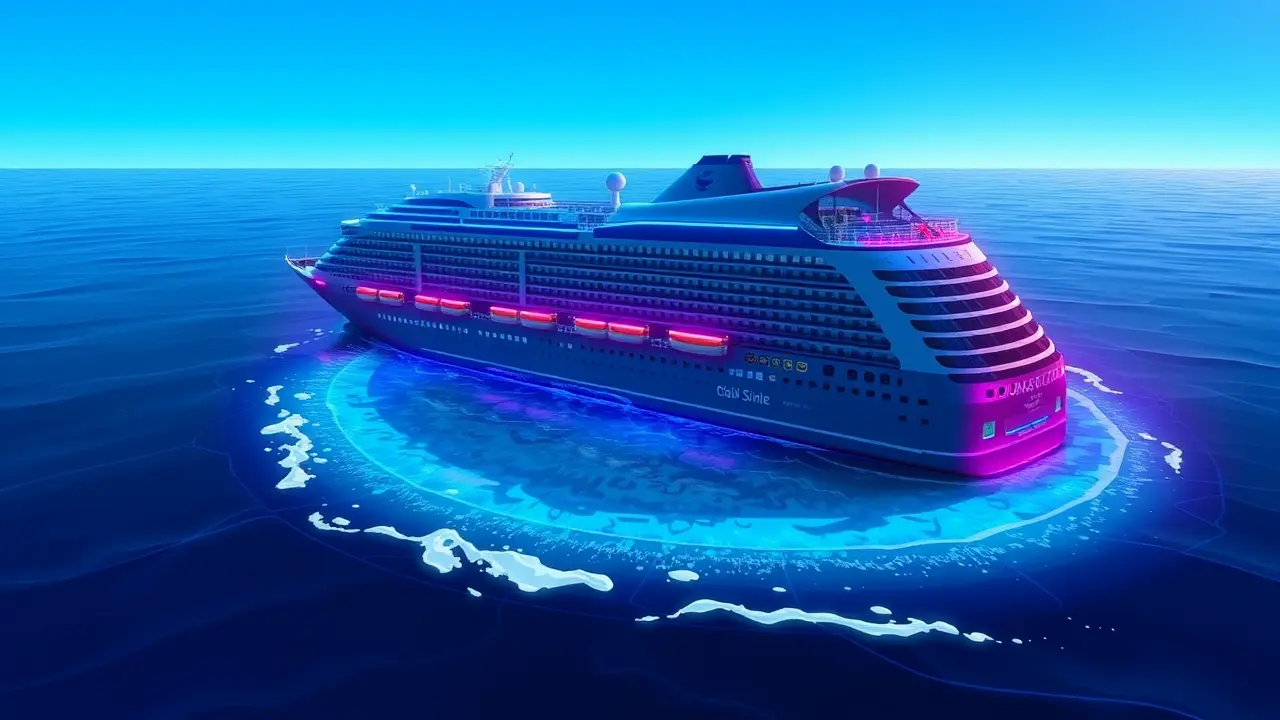
Otheraccidents & disastersMaritime Incidents
Elderly Passenger Dies After Being Left Behind on Island.
EM
Emma Wilson
1 day ago7 min read
The pristine waters of the Great Barrier Reef, a UNESCO World Heritage site celebrated for its breathtaking biodiversity, became the backdrop for an unimaginable tragedy that has sent shockwaves through the global cruise industry and raised urgent questions about corporate responsibility and passenger safety protocols. On October 25th, the Coral Adventure, a vessel promising an idyllic journey around Australia's coastline, transformed from a luxury escape into the center of a heartbreaking neglect case when 80-year-old Suzanne Rees was left behind on the remote Lizard Island.According to reports from national broadcaster ABC, Rees had been participating in a group hike to a lookout spot, a common excursion for passengers seeking to experience the island's rugged beauty. When she began to feel unwell, a scenario that could befall any traveler, especially an elderly one, she made the decision to turn back toward the ship, a journey she attempted to make unescorted.The critical failure point, the moment where multiple safety checks evidently collapsed, occurred that evening when the Coral Adventure weighed anchor and departed the island, its crew seemingly unaware that one of their charges was not on board. The chilling reality is that Suzanne Rees was left utterly alone on an island with no permanent residents, a place where the stunning isolation is part of its allure but also a profound danger to anyone without shelter, communication, or supplies.It was only hours later, a delay that feels both inexplicable and damning, that the ship returned to initiate a search. By then, the window for a positive outcome had likely closed.A day after her abandonment, Suzanne Rees was found deceased, a conclusion that turns this from a story of procedural failure into one of profound human loss. This incident cannot be viewed in isolation; it echoes the 2018 case of a Norwegian Cruise Line passenger left behind on a remote Indonesian island, highlighting a recurring, systemic vulnerability in an industry that markets itself on safety and seamless service.The consequences here are multi-layered and devastating. For the Rees family, it is an incalculable personal tragedy, a final voyage that ended in a nightmare.For the cruise operator, it invites intense scrutiny from Australian maritime authorities, potential civil litigation, and a permanent stain on its corporate reputation. For the wider industry, it serves as a brutal reminder of the absolute necessity of robust, fail-safe passenger accountability systems, particularly during on-shore excursions in remote locations.Why was there no buddy system? Why was a headcount not conclusively verified before departure? These are not merely operational questions but ethical imperatives. The Australian Maritime Safety Authority (AMSA) will undoubtedly dissect every moment of this catastrophe, and their findings will be critical in preventing a similar event. The death of Suzanne Rees is a stark, sobering lesson in how quickly a dream vacation can turn tragic when human oversight and corporate protocol fail in the most fundamental way, leaving a lone individual to face the elements on a beautiful but unforgiving landscape.
#featured
#cruise ship
#passenger death
#Lizard Island
#Great Barrier Reef
#negligence
#search and rescue
Stay Informed. Act Smarter.
Get weekly highlights, major headlines, and expert insights — then put your knowledge to work in our live prediction markets.
© 2025 Outpoll Service LTD. All rights reserved.